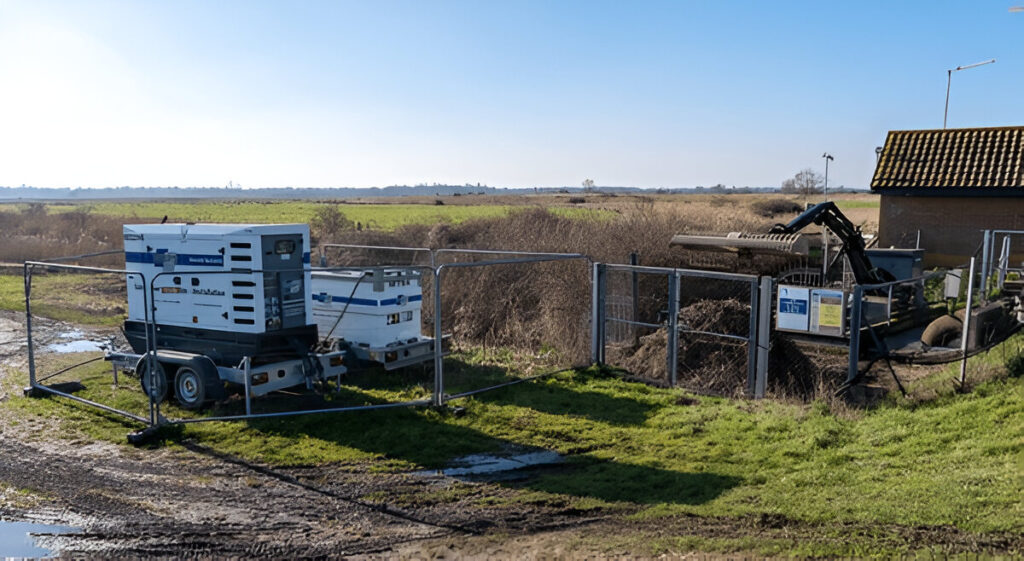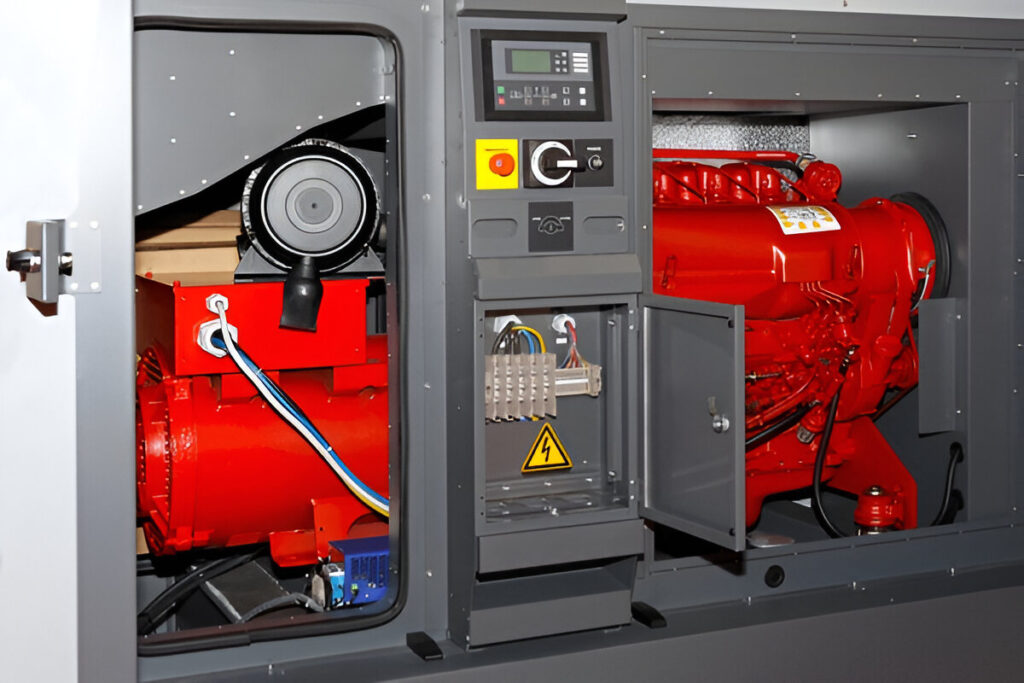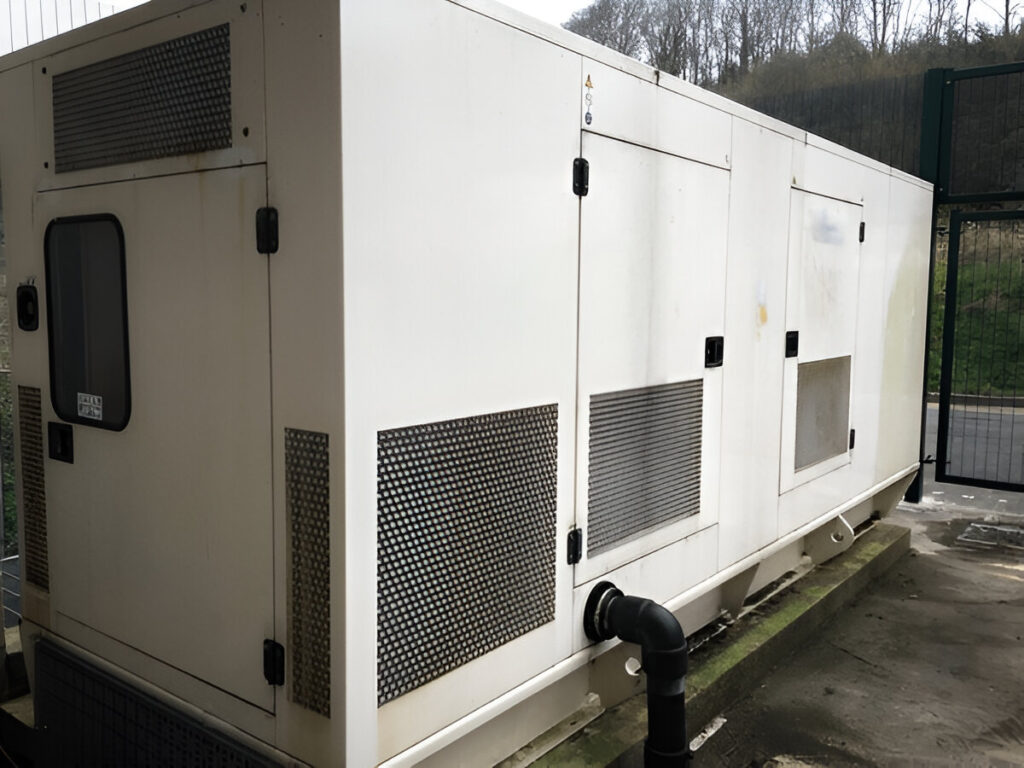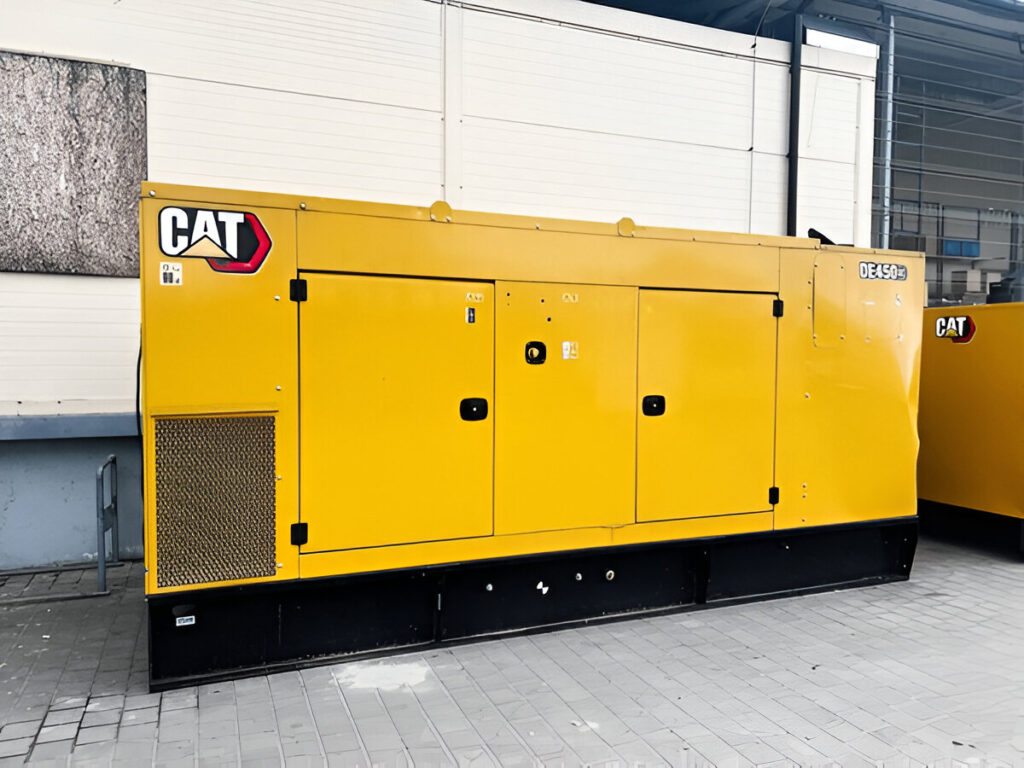When the lights go out or your business relies on uninterrupted power, having the right generator can make all the difference. But before purchasing a Buying a generator , you need to know how much power you actually require. Selecting a generator that’s too small can lead to overloads and damage, while an oversized unit can waste fuel and increase operating costs. Here’s how to calculate your power needs the right way.
Step 1: Determine Your Power Needs
Start by creating a list of all the appliances, tools, and systems you want to power. Include essentials like lighting, refrigerators, sump pumps, security systems, and any other critical equipment. Check the labels or manuals for each item to identify their wattage requirements.
- Running Watts – The continuous power needed to keep the device running.
- Starting Watts – The extra power needed to start appliances like air conditioners or refrigerators.
Add up the total running watts for all the devices you’ll operate simultaneously. Then, identify the highest starting wattage among your appliances and add it to the running total. This will give you the minimum generator size you need.
Step 2: Consider Your Generator Type
Once you know your required wattage, the next step is choosing the right type of generator.
- Portable Diesel Units – If you need a durable solution for construction, farming, or emergency use, consider diesel fueled generators. They are fuel-efficient, long-lasting, and ideal for heavy-duty applications.
- Standby Systems – For automatic power backup during outages, a standby generator in Canada is an excellent choice. These systems connect to your electrical panel and start automatically when the power goes out.
- Backup Units – A reliable backup generator in Canada is perfect for homes and small businesses needing occasional emergency power.
Step 3: Match the Brand to Your Needs
Choosing the right brand ensures longevity and support:
- Cat generators are known for rugged performance and reliability, perfect for industrial and commercial operations.
- Cummins generator in Canada models offer exceptional efficiency and durability, making them a top choice for residential and commercial backup solutions.
If you’re looking for a budget-friendly option, consider a used generator for sale. High-quality used units can provide excellent value while meeting your power needs.
Step 4: Factor in Fuel and Runtim
Fuel type and tank capacity directly affect how long your generator can run. Diesel units are popular because they provide:
- Longer runtimes on less fuel
- Increased efficiency under heavy load
- Greater durability compared to gas-powered alternatives
Calculate your expected runtime needs—whether you need several hours of backup or continuous power for days—to select the right size and tank capacity.
Step 5: Consult a Professional Before Purchase
Even with careful calculations, it’s smart to consult a professional before making your purchase. An expert can help verify your load requirements, recommend the best model, and ensure your electrical system is prepared for installation.
Final Thoughts
Calculating your power requirements before buying a generator is the key to uninterrupted, reliable energy. Whether you’re investing in diesel fueled generators, a standby generator in Canada, or exploring a used generator for sale, making an informed choice will save you both time and money.
BC GENERATORS offers a wide selection of generators from trusted brands like Cat generators and Cummins generator in Canada. Browse our generator for sale inventory today and find the perfect solution for your power needs.





